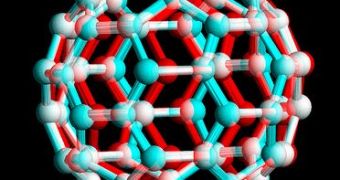A team at the University of California, San Francisco discovered a direct link between a rare form of childhood leukemia called juvenile myelomonocytic leukemia, or JMML, and an inherited genetic mutation.
JMML is a rare type of blood cancer, very aggressive, that develops in bone marrow. Its main feature is an abnormal production of white cells and this occurs when the genes that encode proteins in a signaling pathway called the Ras/MAPK pathway, mutate. These genetic changes are thought to be involved in up to 30 percent of all human cancers, and understanding it might be beneficial not only for children.
Mignon Loh, MD, senior author of the study and a pediatric cancer specialist at UCSF Benioff Children's Hospital said that “JMML, like many other pediatric cancers, is essentially development gone awry. By better understanding the developmental biology of cancers in children, we hope to improve our ability to treat them.”
The illness appears usually in children under six years old and it represents about 1.5 percent of all childhood leukemia cases, according to data from The Leukemia & Lymphoma Society. JMML is curable but only by stem cell transplantation and in 50 percent of the cases, the disease relapses.
Researchers knew that up to 15 percent of JMML patients have a mutation in a gene called CBL. After this study they found out that this mutation always appears in almost every cell of the body, and so it can be passed on from one generation to another. The study was made on a 21 children and researchers observed that most of them had developmental abnormalities, like impaired growth, developmental delay, cryptorchidism and hearing loss.
Loh said: “I think anytime you describe a new developmental syndrome, as we have done here, it enables us to more accurately diagnose children and improve our understanding of how certain proteins, when altered, affect human development and, in this case, contribute to human cancer.”
Charlotte Niemeyer, MD, the study's first author and a professor of pediatrics at the University of Freiburg in Germany said that the research really helps to better understand what triggers JMML and might also be useful in other types of cancer.
The results of this research are published in the August 8, 2010, Advance Online Publication of the journal Nature Genetics.

 14 DAY TRIAL //
14 DAY TRIAL //